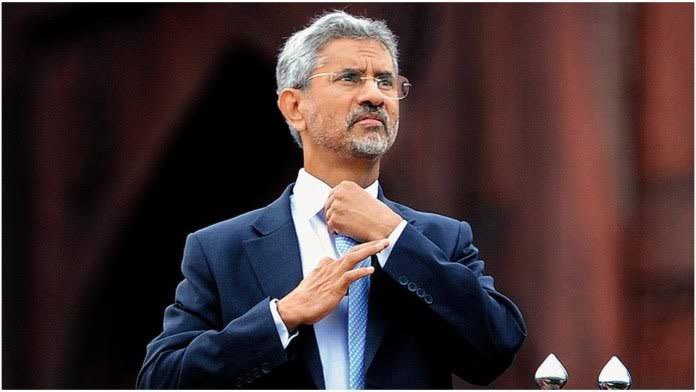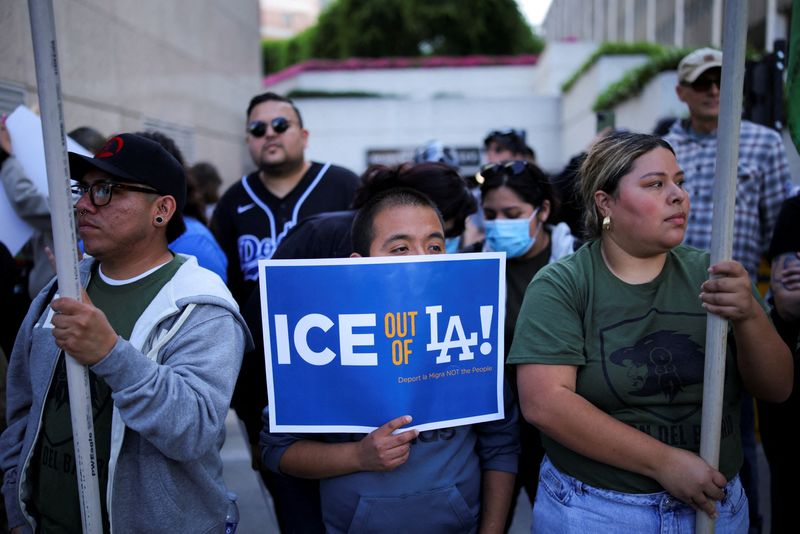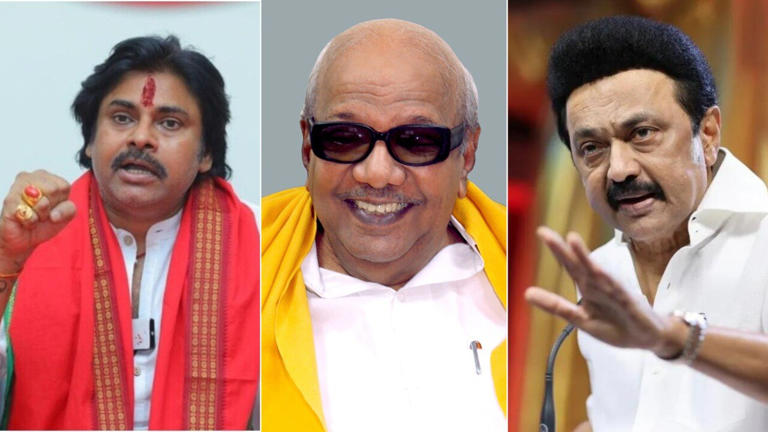‘I Was in the Room’: India Rejects Ceasefire Bargain, Stands Firm in Trade Talks
India’s strategic calculus is evolving fast—and External Affairs Minister Dr. S. Jaishankar has made it clear that New Delhi is engaging from a position of strength. In the backdrop of intense India-US trade negotiations and Donald Trump’s claims about brokering a ceasefire with Pakistan, Jaishankar’s latest statements shine a spotlight on India’s assertive foreign policy. From economic deals to military diplomacy, India is calling the shots—not complying with backdoor bargains.
India Nears High-Stakes Trade Deal with US as Deadline Looms
In what could be a pivotal moment in India’s economic engagement with the United States, EAM Jaishankar acknowledged that the countries are “well past the midpoint” of finalizing a crucial interim trade deal. With the July 9 deadline looming, the stakes are high: failure to conclude could trigger the reimposition of up to 26% global tariffs on Indian exports—an economic setback India is eager to avoid.
EAM S Jaishankar says India hopeful of trade deal with US before July 9 tariff deadlinepic.twitter.com/YiePaD6cn0
— Sidhant Sibal (@sidhant) June 11, 2025
Speaking candidly, Jaishankar noted that “some give and take will be required” for the deal to materialize. While India is willing to engage constructively, it has made one thing clear: its red lines—especially around agriculture and dairy—will not be crossed. Indian negotiators have extended their stay in Washington in a last-ditch effort to hammer out specifics before the tariff moratorium expires.
Meanwhile, the White House confirmed that a deal is near and emphasized India’s role as a “very strategic ally.” The agreement, if signed, could set the stage for a full-fledged bilateral trade treaty by autumn, boosting economic ties and digital cooperation between the two democracies.
Jaishankar Rejects Trump’s Ceasefire Claim: ‘No One Dictates India’s Defence’
While trade talks continue, a parallel diplomatic controversy emerged when former US President Donald Trump claimed credit for India’s ceasefire understanding with Pakistan. But Jaishankar was quick to shut down the narrative, saying flatly: “I was in the room” when US Vice President JD Vance spoke to Prime Minister Modi on May 9—and no ceasefire terms were discussed.
According to Jaishankar, the ceasefire was not the result of any US-brokered negotiation, but rather a direct consequence of India’s military pressure following the deadly Pahalgam terror attacks. This includes decisive Indian strikes and strengthened defence posture, which forced Pakistan to back off, not diplomacy.
The statement underlines India’s refusal to allow its sovereignty to be diluted by foreign credit-taking, even from a strategic partner. By countering Trump’s claim, Jaishankar is reinforcing India’s autonomous stance in both regional security and global negotiations.
The latest developments in India’s foreign policy—from complex trade negotiations with the United States to strongly worded responses on ceasefire misinterpretations—demonstrate a clear shift in New Delhi’s diplomatic posture. India is no longer satisfied with playing second fiddle on the global stage. With Jaishankar leading from the front, the country is scripting its own terms—whether in boardrooms or battlefields. As the world watches, one thing is certain: India will engage, but only on its own terms.





















